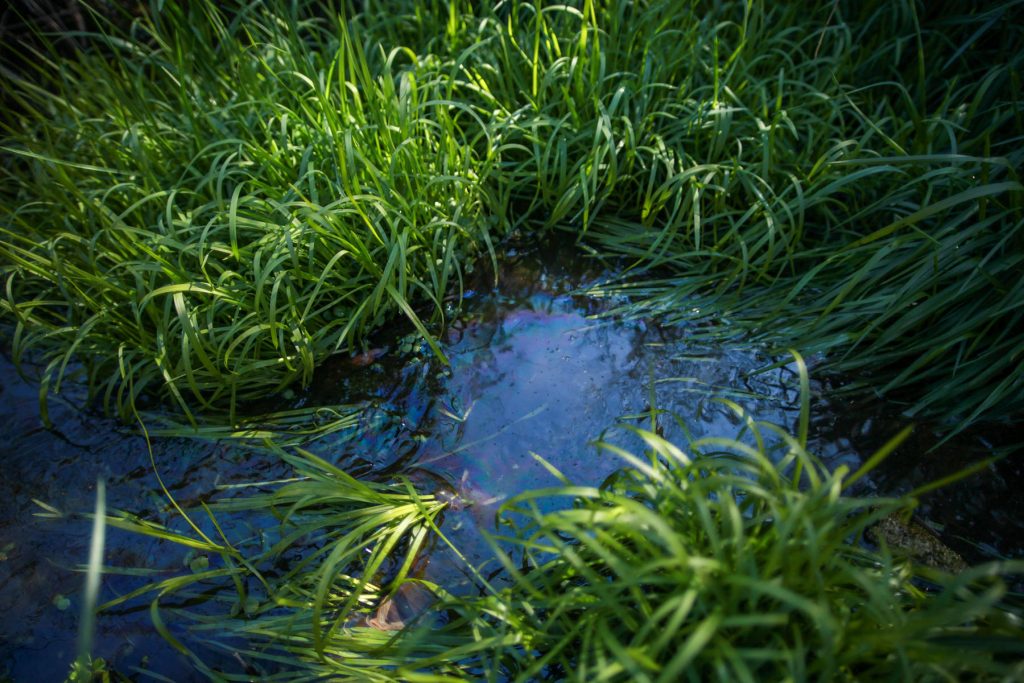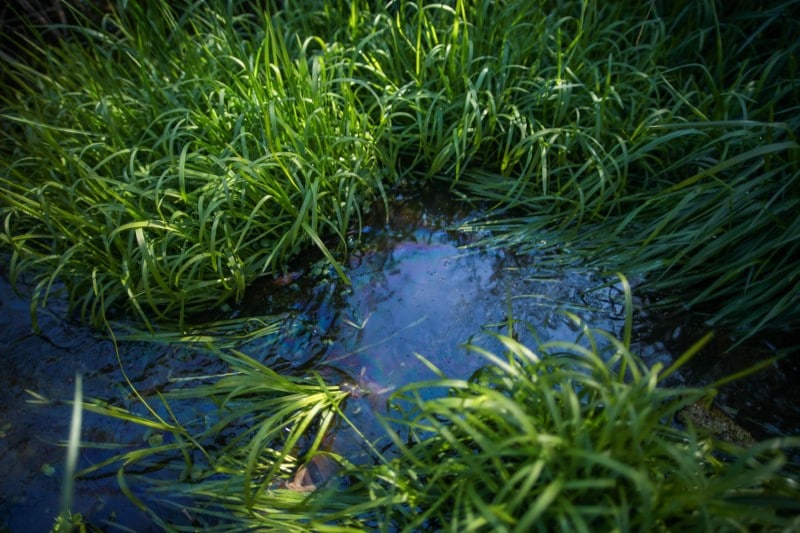
Ground water is known as the water under the surface of the earth. The spaces in the solid rock layer of the earth are filled with water. This water that slowly moves near the surface of the earth to provide safe water for us. In the US, 77,500 million gallons of ground water are used for watering plants, manufacturing food, washing clothes, and drinking water. More than half of Americans rely on groundwater for drinking. Generally, the groundwater in the US is safe and has good quality. However, some states access polluted or contaminated groundwater. Their water is laced with nitrates and chemical compounds.
The contamination of ground water is usually caused by fuel leaks from the tanks placed underground. Gasoline stations and residents with heaters have buried fuel tanks that tend to leak. Cesspits are also sources of groundwater contaminants. As you know, cesspits are responsible for treating your wastewater. It collects raw wastewater. If the cesspit leaks, then toxic substances and pathogenic organisms will seep into the groundwater. It is imperative that you exert effort in keeping groundwater away from cesspits.
If the groundwater in your area is polluted, the authorities should pinpoint the source of pollution or contamination. If your cesspit is the source of the pollution, you should immediately address the problem. The cesspit should be repaired or replaced so that the leaking of raw wastewater should be stopped.
When it concerns your groundwater, your cesspit can be a friend or a foe. You have to make sure that you maintain your cesspit well so that you won’t have to go through the nightmare of polluted groundwater. This is a sure way of keeping groundwater away from cesspits. Perform the following to keep your cesspit separated from the groundwater:
1) Use environmental friendly products. These products prevent the resident bacteria in your cesspit from dying off. If the bacteria are kept alive, then the wastewater treatment will keep going. The solid waste particles will be degraded property and quickly so there will be no clogging or blockage that will cause wastewater backups or flooding. Nothing will threaten the safe condition of the groundwater.
2) Do not dump grease and non-biodegradable substances into your drains and toilets. These will not be broken down by the resident bacteria. They will just clog the system and this will lead to wastewater flooding that will inevitably reach the groundwater.
3) Conserve water. Water should not be used carelessly because if it is, the excess water will stir up the solid waste particles and delay their degradation. They will then clog the perforations around the cesspits and this leads to backups and overflows that will reach the groundwater.
You can do your best to protect your groundwater by making significant changes in your property. Divert your rain gutter away from your cesspit area so that the runoff will not enter your cesspit. The excess water will do damage to the groundwater by causing an overflow in the cesspit system. You should also remove the heavy vehicles and structures on your cesspit. The heavy weight or these obstacles cause the components of your cesspit to be cracked or damaged. The cracks will be passages for leaks that will eventually reach the groundwater.
Your groundwater is vital for your daily needs and survival. You share it with the entire community so it is appropriate to care for it well. Always coordinate with your septic expert so that you could ensure the separating of the groundwater from the wastewater that your cesspit treats.
